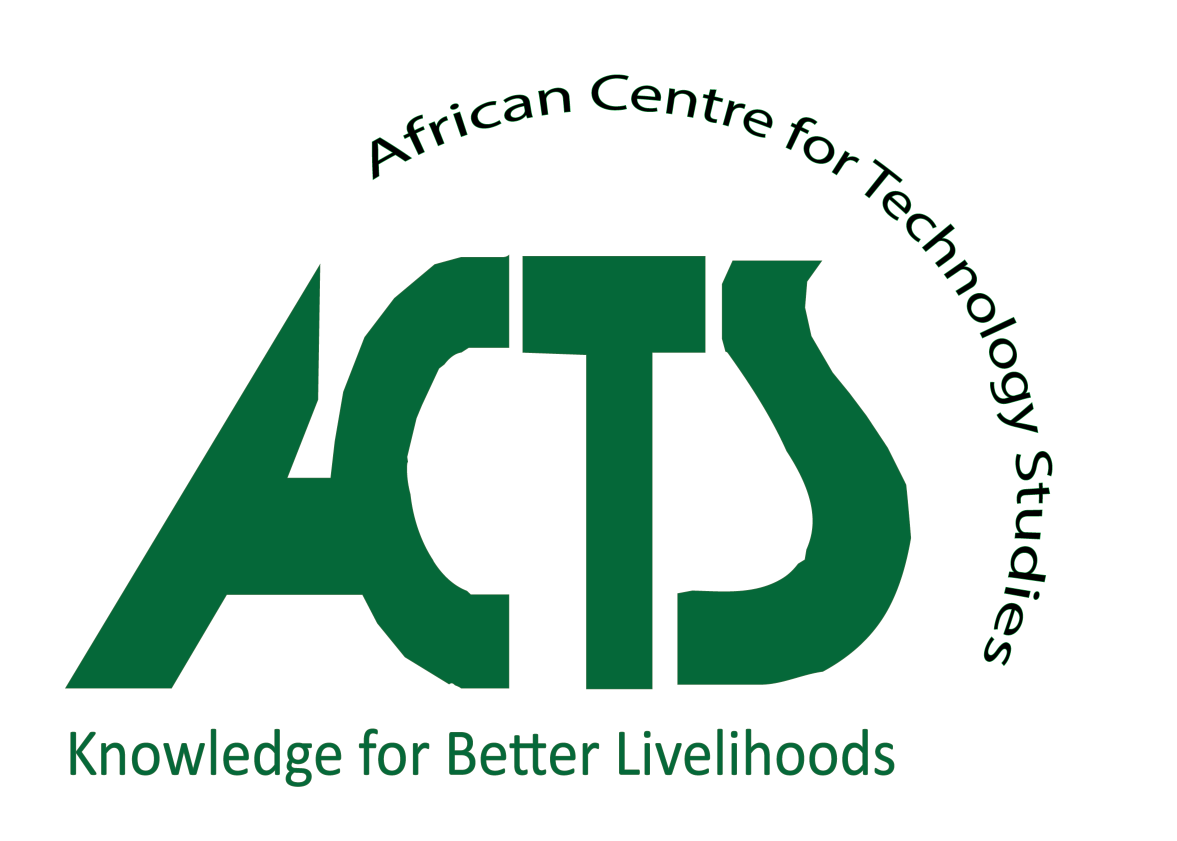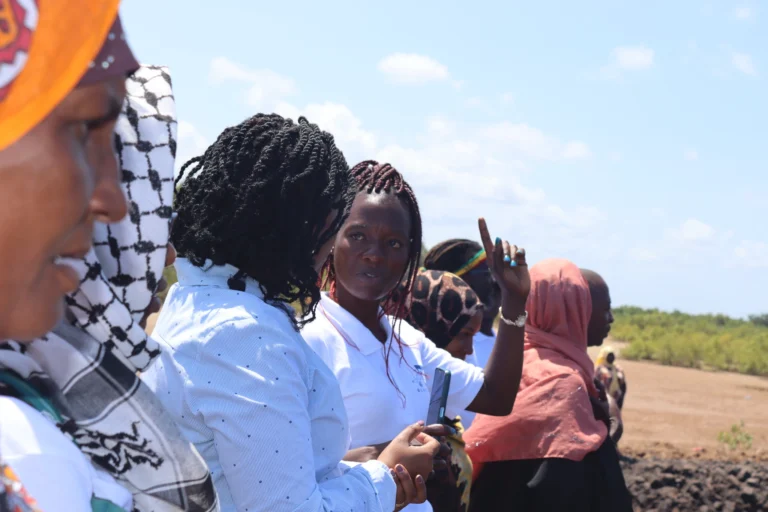By Norah Ouma
“We are the first generation to feel the effect of climate change and the last generation who can do something about it.” – Barack Obama
Climate change is a global crisis, but adaptation remains a deeply local challenge. African nations face some of the most severe climate impacts, yet their responses are often fragmented. The Adaptation Research Alliance (ARA) TLS Knowledge Synthesis Symposium, held in Nairobi, Kenya, from March 10–12, 2025, highlighted the power of collaboration in strengthening Africa’s climate resilience. Experts discussed shared challenges in health, human settlements, digital food security tools, and adaptation financing, showing how pooling expertise and resources can lead to scalable solutions.
The Power of Collaboration
Despite its benefits, cross-regional collaboration remains limited due to fragmented efforts, inadequate funding, and insufficient capacity (African Capacity Building Foundation, 2025). The Nairobi symposium emphasized three key lessons:
- Knowledge Sharing – Peer-to-peer learning enables countries to exchange adaptation strategies (Adaptation Research Alliance, 2025).
- Financing Mechanisms – Regional funding structures can reduce reliance on external donors and prioritize community-driven projects (UNEP, 2022).
- Integrated Approaches – Multisectoral collaboration across health, agriculture, and infrastructure is critical for tackling interconnected climate risks (UNEP, 2022).
Strengthening Africa’s Voice on the Global Stage
Effective collaboration is not only vital for local adaptation efforts but also for shaping global climate negotiations. The African Group of Negotiators (AGN) plays a crucial role in advocating for Africa’s adaptation needs at COP meetings. However, internal divisions and competing priorities often weaken its bargaining power.
At COP29, AGN Chair Ali Mohamed emphasized that “adaptation is Africa’s lifeline” and called for tripling adaptation funds to $1 trillion annually (African Climate Wire, 2024). Yet, Africa still receives less than 25% of its required adaptation financing, much of it in loans rather than grants. To bridge this gap, AGN must work closely with regional blocs, research alliances, and funding partners to present a unified front in climate negotiations.
Moving Forward: A Call to Action
To maximize Africa’s adaptation efforts, collaboration must focus on three key areas:
Unified Advocacy – A strong collective voice can enhance Africa’s influence in climate negotiations and unlock greater funding (UNEP, 2022).
Regional Financing Mechanisms – Investing in homegrown solutions can reduce dependency on external donors.
Scaling Innovations – Knowledge-sharing networks can replicate successful adaptation models, such as climate-smart agriculture plans in Mali and Côte d’Ivoire (Adaptation Research Alliance, 2025).
Climate change is already reshaping Africa, but it does not have to define its future. Africa can build resilience and secure equitable climate financing by strengthening regional collaboration and global advocacy. The message is clear: Africa’s strength lies in unity, and through collaboration, the continent can shape a more sustainable future for generations to come.
References :
- Adaptation Research Alliance. (2025). Asia-Pacific Climate Adaptation Actors Gather in Colombo for Knowledge Synthesis Symposium. Retrieved from https://www.pressenza.com/2025/02/asia-pacific-climate-adaptation-actors-gather-in-colombo-for-knowledge-synthesis-symposium/
- African Group of Negotiators. (2024). African Group of Negotiators Put Forward COP29 Positions. Retrieved from https://africanclimatewire.org/2024/08/african-group-of-negotiators-put-forward-cop29-positions/
- United Nations Environment Programme (UNEP). (2022). Adaptation Gap Report 2022: Too Little, Too Slow – Climate adaptation failure puts world at risk. Retrieved from https://www.unep.org/ndc/resources/report/adaptation-gap-report-2022
- African Capacity Building Foundation (ACBF). (2025). Coordination Challenges and Opportunities for Climate Adaptation in African Agriculture. Retrieved from https://elibrary.acbfpact.org/acbf/collect/acbf/index/assoc/HASH3f53/1d5a4618/50041b12/09.dir/Knowledge%20Product%20Climate%20Change%20Coordination%20Eng.pdf




